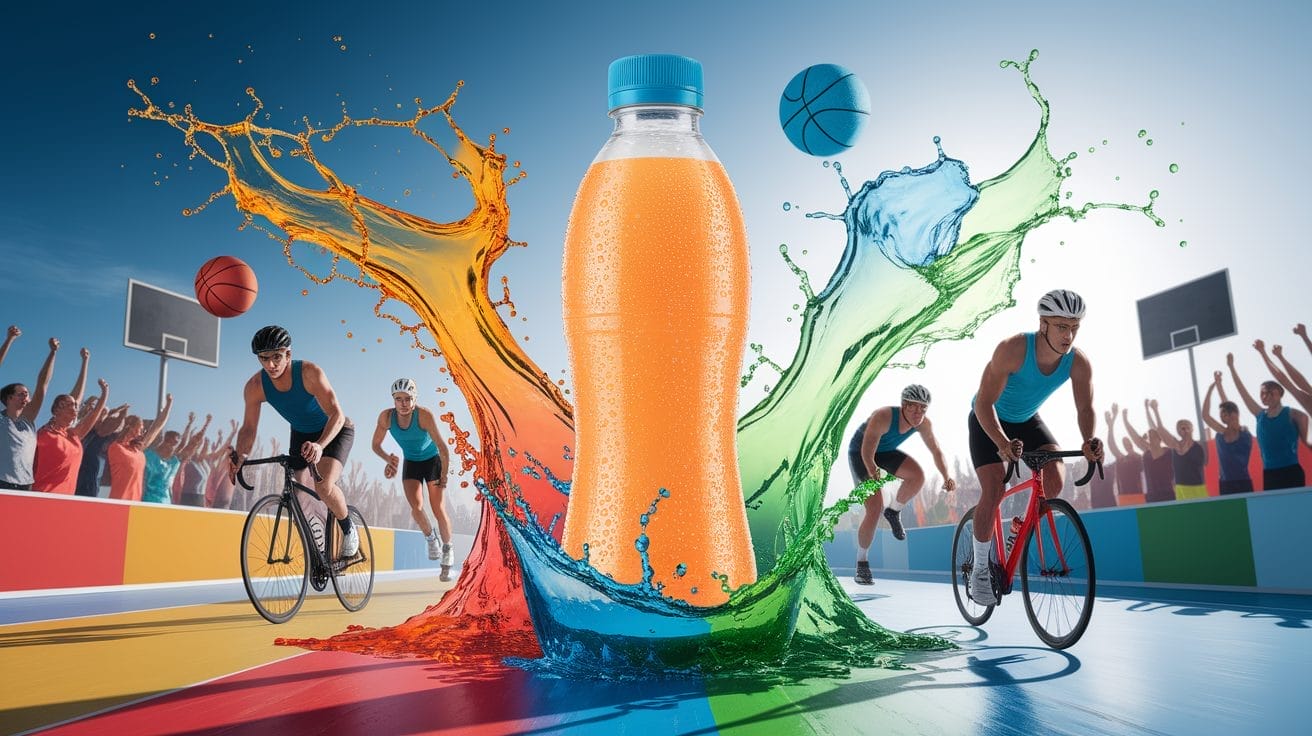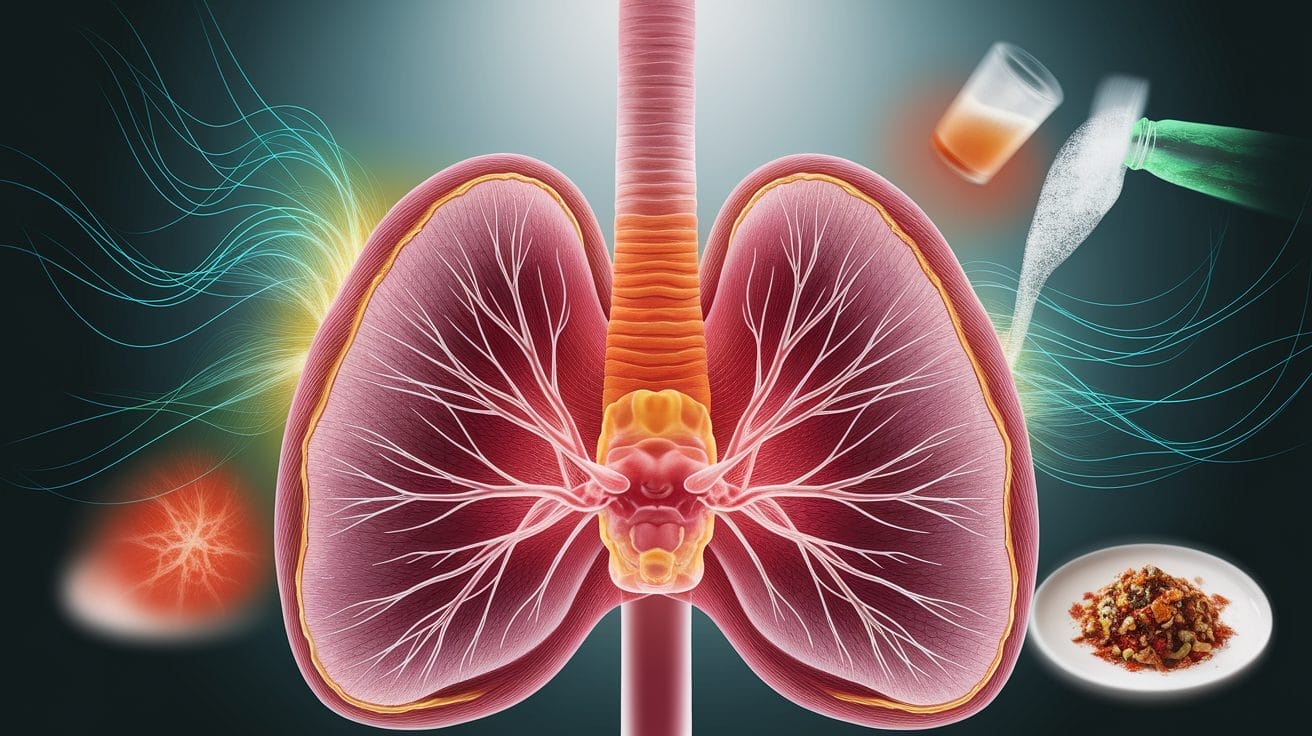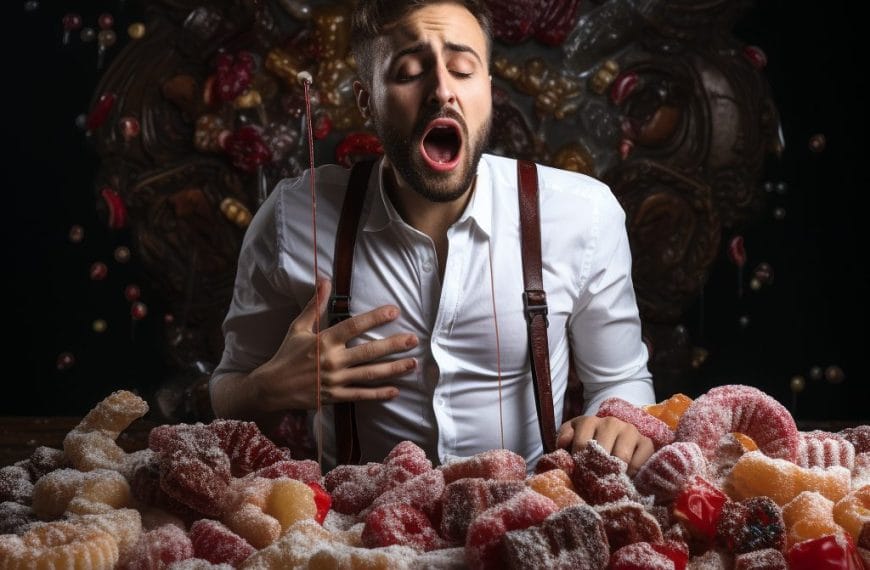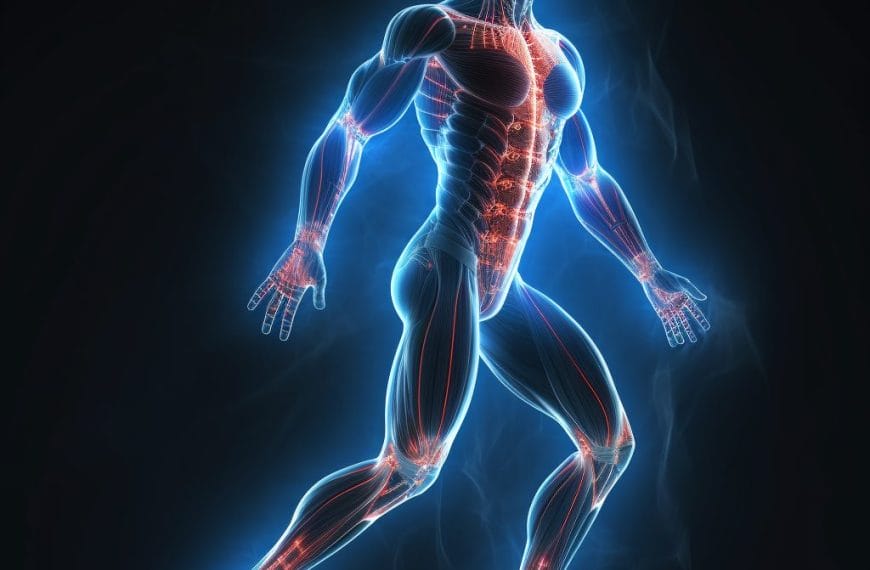Sip to the Rescue: The Quick Answer
Sports drinks rehydrate you more effectively than plain water during and after sweaty workouts because they combine three key elements: water, electrolytes (especially sodium), and carbohydrates. Together, these ingredients speed up fluid absorption, keep fluids in your body longer, and replenish energy levels so you recover faster.

Electrolytes at Work: The Sodium Advantage
Electrolytes are minerals that carry an electric charge in your body, and they play a crucial role in fluid balance, muscle contractions, and nerve signals. In sports drinks, sodium is the star player:
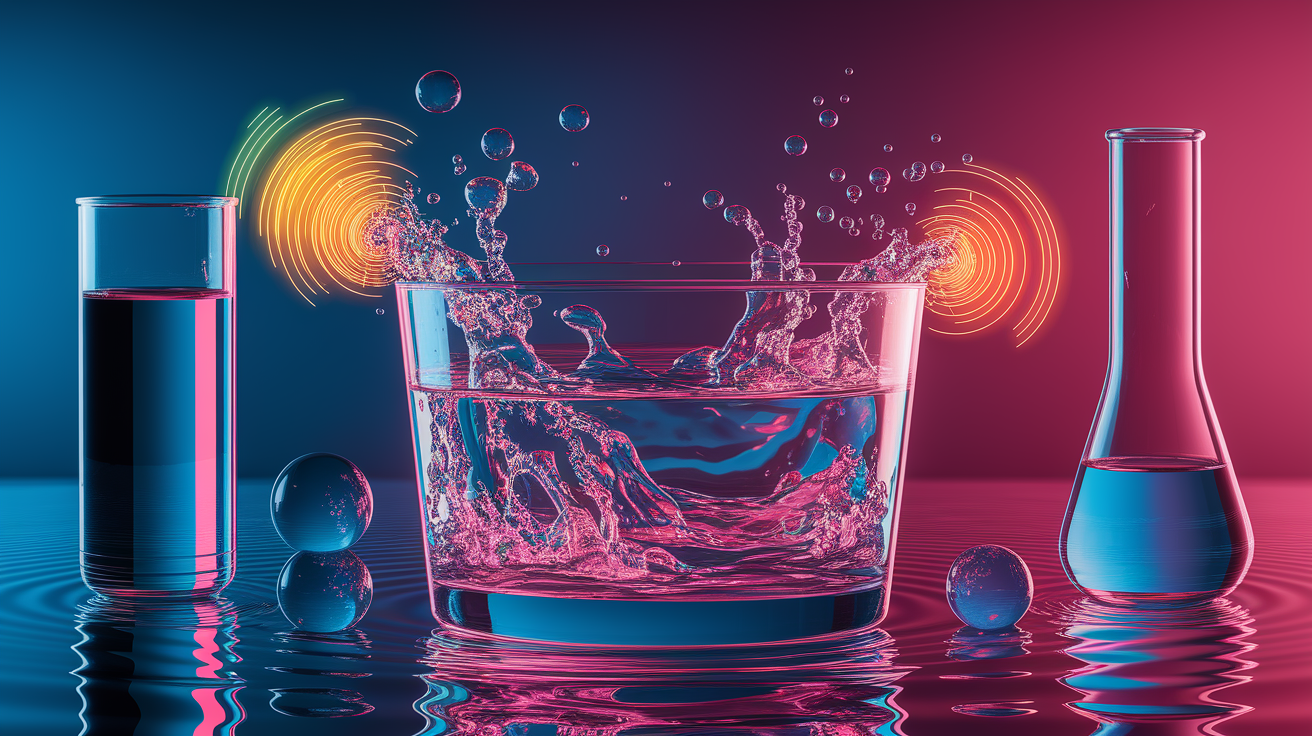
- Water Retention: Sodium helps your body hold onto the water you drink by reducing how much you lose through urine.
- Speedy Absorption: Sodium promotes water absorption in your intestines by working with glucose transporters. This helps fluids move quickly from your digestive system into your bloodstream.
- Replacement for Sweat Loss: Sweating flushes sodium out of your system. Replacing it maintains mineral balance and prevents issues like muscle cramps.
According to sports beverage formulation research, adequate sodium in isotonic drinks helps keep plasma volume stable during exercise, a key factor in maintaining hydration.
Carbs in the Mix: Boosting Water Absorption
Carbohydrates in sports drinks do more than restore energy—they actually enhance hydration. Here’s how:
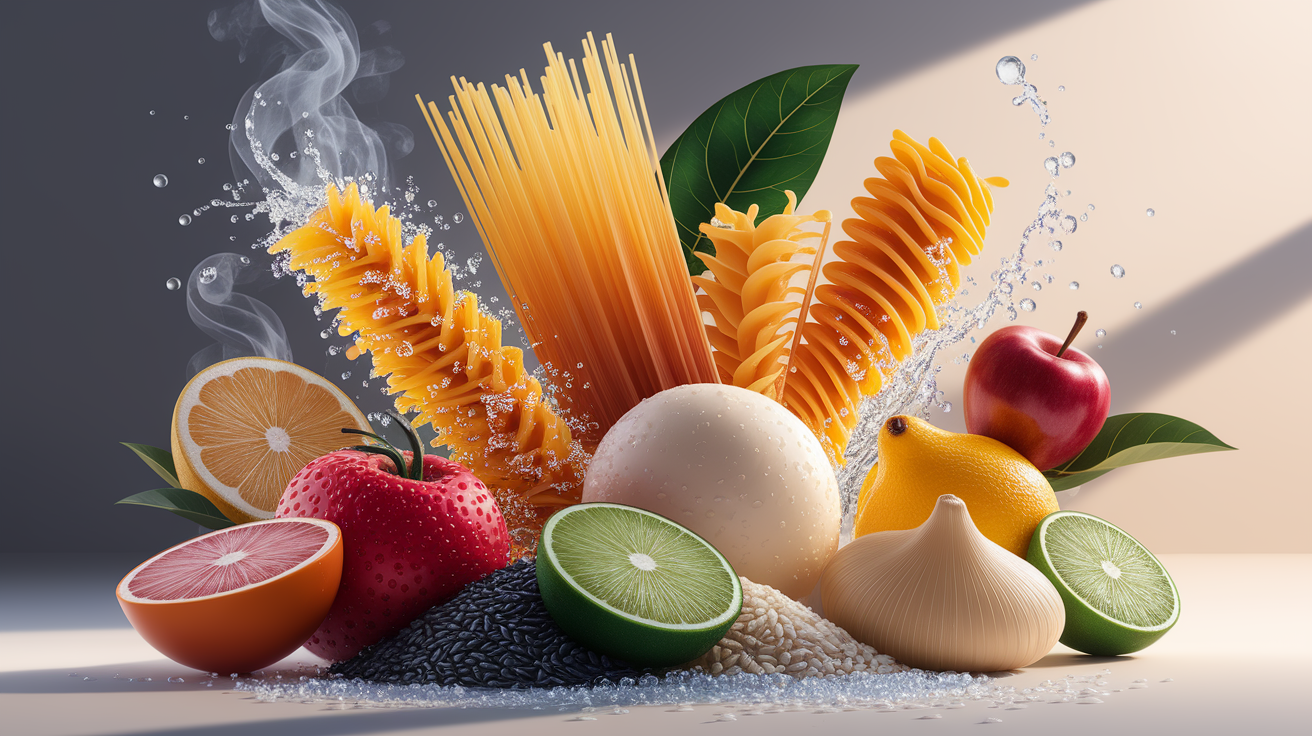
- Sodium-Glucose Cotransport: Special transporters in your gut absorb sodium and glucose together, pulling water along with them. This makes water absorption more effective than with water alone.
- Energy Supply: The 3-6% carbohydrate concentration in most sports drinks tops up blood sugar for ongoing performance in endurance or high-intensity activities.
- Balanced Osmolality: This helps the drink be absorbed efficiently without causing stomach upset.
A study in the Wilderness & Environmental Medicine journal highlights that carbohydrate-electrolyte drinks can maintain hydration more efficiently than water, especially under heat and exercise stress.
Beyond Water: Why Sports Drinks Beat Plain H2O
Plain water is great for general hydration, but during heavy sweating and prolonged activity, sports drinks offer targeted benefits:
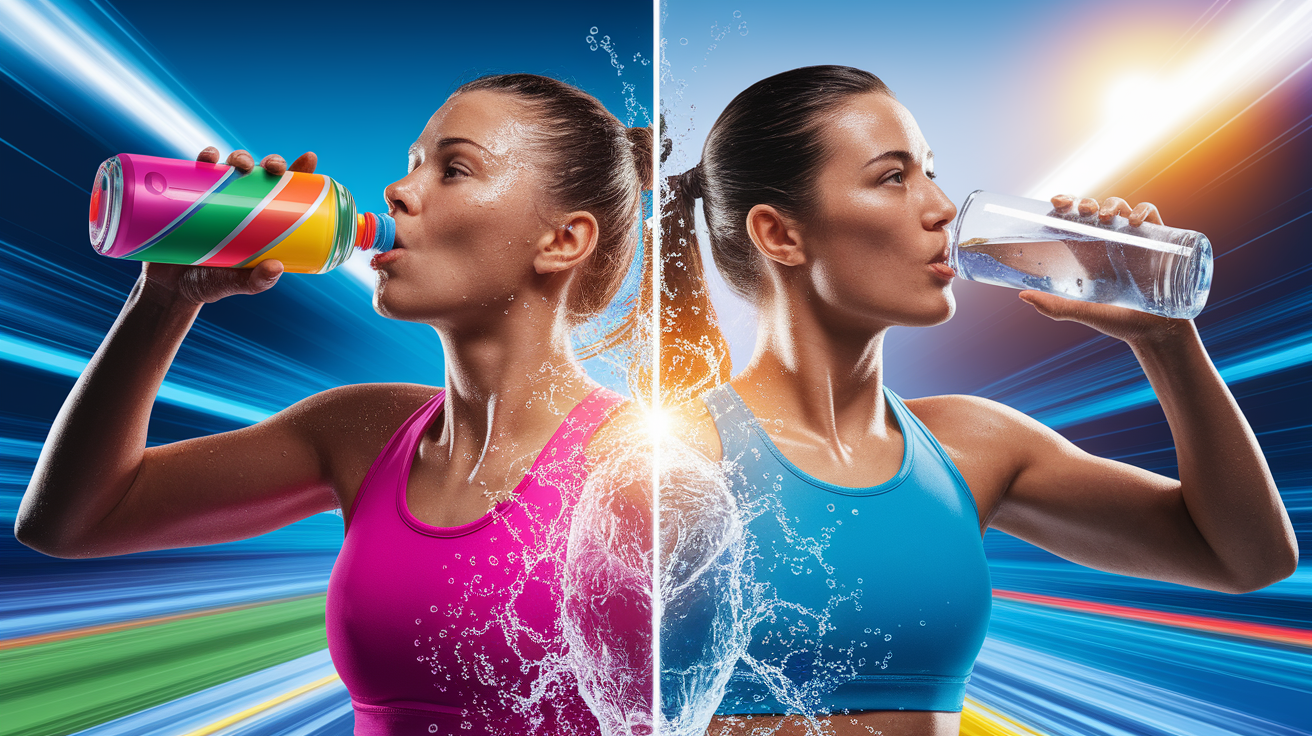
- Electrolyte Replacement: Replenishes minerals like sodium and potassium lost through sweat, crucial for preventing dehydration and heat exhaustion.
- Maintains Plasma Volume: Keeps blood volume steady so oxygen and nutrients can reach muscles efficiently.
- Energy Replenishment: Provides readily available glucose for performance enhancement.
As noted in functional beverage research, these combined effects improve rehydration rate and athletic performance, making sports drinks a better choice in certain exercise scenarios.
Getting It Right: Practical Hydration Guidelines
To maximize the benefits of sports drinks, follow these practical tips:

- Time It Right: Use for exercise longer than 60 minutes, in hot and humid conditions, or when sweating heavily.
- Mind the Mix: Choose drinks with 3-6% carbohydrates to enhance absorption without stomach distress.
- Sodium Levels: Go for drinks that match your sweat sodium loss; most commercial options are suitable for average needs.
- Replace Losses: Drink enough to replace 100-150% of fluids lost—monitor body weight changes before and after workouts as a guide.
- Consider Variety: In some cases, beverages with both glucose and fructose can improve carbohydrate uptake.
The principles of beverage formulation for athletes give detailed insights into tailoring drinks to specific environments and activity levels.
Final Sip: Quenching Myths and Closing Thoughts
It’s a common myth that sports drinks are just flavored sugar water. In reality, they’re carefully formulated tools for rapid and effective rehydration during demanding exercise. Their mix of water, sodium, potassium, and carbohydrates works with your body’s natural absorption systems to quickly restore hydration status, maintain mineral balance, and fuel performance.
Next time you’re sweating it out in a workout or race, remember: with the right drink and timing, you’re not just quenching your thirst—you’re optimizing your body’s rehydration and recovery systems.

